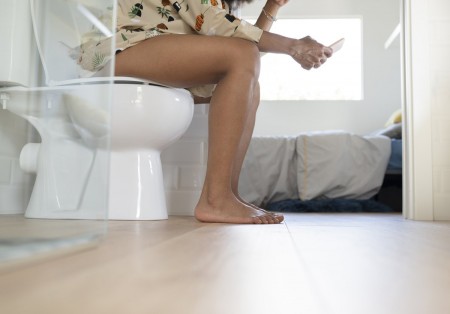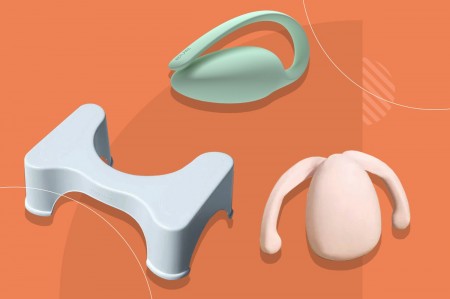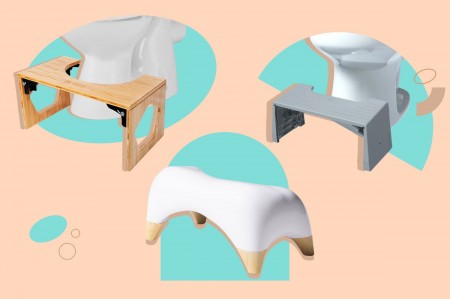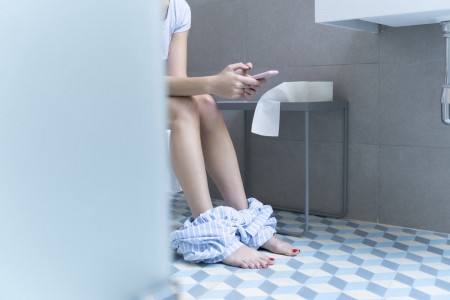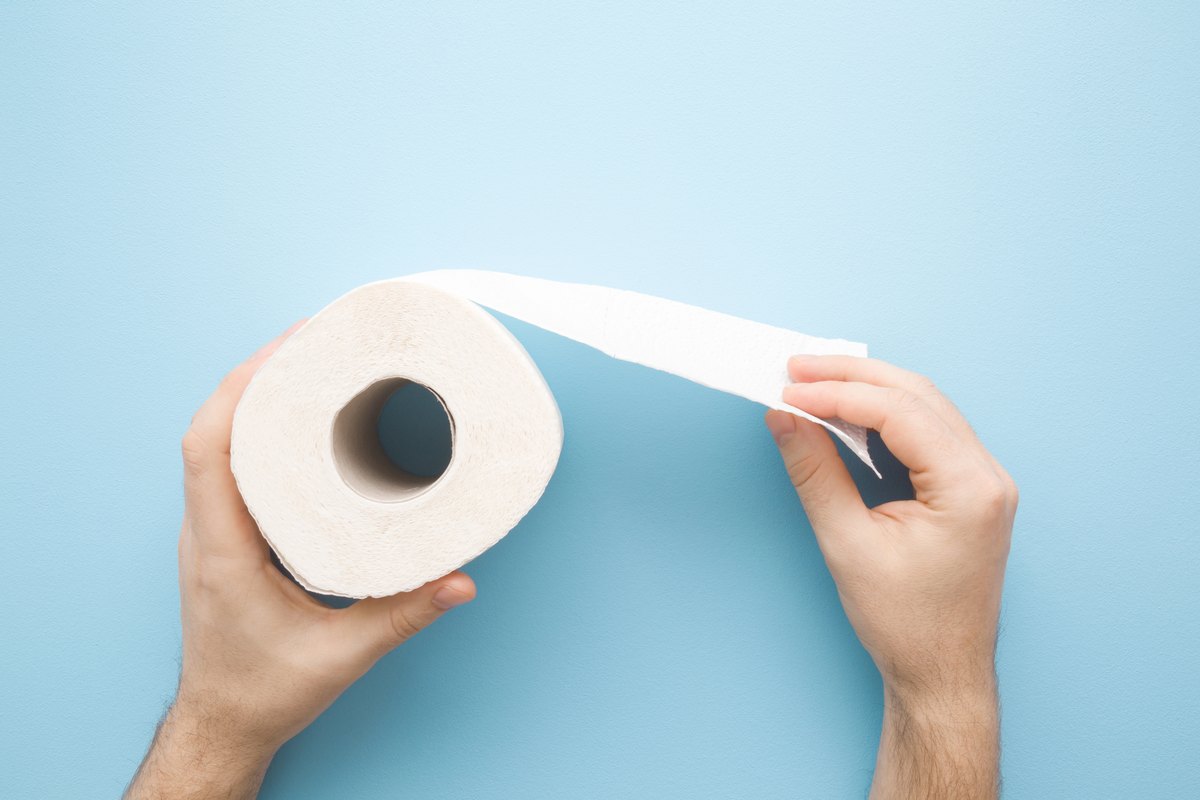
Advertisements
While pooping isn't a popular cocktail party conversation topic, it's normal to have questions about your bathroom habits. Especially if your bowel movements seem a bit bizarre. Case in point: poop shivers.
Video of the Day
If you've ever experienced this chilly phenomenon — feeling cold during or after pooping — you know it's a strange sensation. Naturally, you might wonder why going number two turns you into an ice cube. Don't worry: Though you may feel like you're suddenly going potty in the North Pole, it's not usually a cause for concern.
We spoke to Niket Sonpal, MD, a New York-based internist and gastroenterologist, to get the inside scoop on poop shivers, from what causes them to the possible remedies.
Why Do You Feel Cold During or After You Poop?
While at first glance experiencing chills and pooping seem to be completely unrelated, there's a surprisingly straightforward scientific explanation for this pairing:
"When you have a bowel movement, you are stimulating the vagus nerve," Dr. Sonpal says. The longest cranial nerve in the body, the vagus nerve extends from the brain stem to the rectum. And during a bathroom session, if you tense your ab muscles or strain a little to push out poop, this can stimulate the vagus nerve, according to Harvard Health Publishing.
The vagus nerve plays a pivotal role in your rest-and-digest system, which regulates bodily functions like your breathing, blood pressure and heart rate. So, when it's stimulated, it can drop your blood pressure and your heart rate, Dr. Sonpal says. This combination can cause you to feel cold and to even experience poop shivers (or poop sweats), he explains.
It can also make you feel momentarily lightheaded and weak, per Harvard Health Publishing.
Advertisements
Are Poop Shivers Harmful?
If you're feeling chilly on the throne, you might be concerned that something's wrong down there. But don't fret: Poop shivers are pretty common and pretty harmless.
"It may not happen with every bowel movement, but it is normal," Dr. Sonpal says. And FYI: Bigger poops — which are more likely to involve stimulating the vagus nerve — will make you more prone to poop shivers.
However, if you feel faint after a bowel movement, and it doesn't resolve within a few minutes, you should speak with your doctor, Dr. Sonpal says. Your dizzy spells could be a sign of an underlying health issue.
So, Can You Prevent Poop Shivers?
Maybe. "Usually when you have a very large bowel movement, or if you're straining a lot, the stimulation [of the vagus nerve] is the greatest," Dr. Sonpal says.
Because your diet has a lot to do with the size and frequency of your stool, hypothetically, what you put on your plate can potentially prevent poop shivers.
For example, if you eat enough fiber (think: fruits, veggies and whole grains) and gut-friendly probiotics (think: yogurt, kombucha and sauerkraut), your stool sessions will go more smoothly: You'll likely pass your poop more easily and more frequently, Dr. Sonpal says. That means, in theory, you'll probably bear down less during bowel movements, which in turn results in less stimulation of the vagus nerve and fewer poop chills, he explains.
Of course, this may not work for everyone. But if you're trying to give the poop shivers the slip, this strategy is worth a shot, Dr. Sonpal says. Plus, getting in the habit of eating ample amounts of fiber and probiotics is great for your overall health.
Related Reading
What the Shape of Your Poop Can Tell You About Your Gut Health


